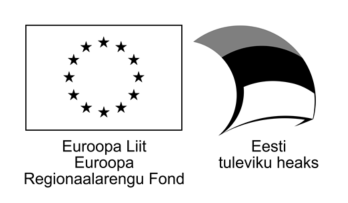Welcome to the BIOGEOMON 2022 Workshop!#
BIOGEOMON Pre-conference Workshop

There are wide range of global or regional level climate data available in a gridded format. Under the changing climate, we need to quantify the variability of temperature and rainfall patterns to understand the impact of climate change on ecosystems. In this workshop, we teach the participants how to handle NetCDF datasets, apply the Mann-Kendall (MK) test and calculate Sen’s slope (SS) values on a gridded climate dataset.
We will be using Python packages from the Pangeo community, including Jupyter notebooks and the Xarray toolkit for working with labeled multi-dimensional arrays of data. In addition, we will demonstrate a few basic steps how to improve reproducibility and pro-actively apply FAIR principles when sharing and archiving data and code online for publishing via GitHub and Zenodo.
Part 1 - Introduction and Installation:
Part 2 - The Workshop:
Part 3 - FAIR Github and Zenodo:
License#
Creative Commons Attribution-ShareAlike 4.0 CC-BY-SA-4.0
Landscape Geoinformatics Lab (UT)
Alexander KmochHolger Virro
Bruno Montibeller
Evelyn Uuemaa
Spatio-temporal trend analysis of spatial climate data (temperature and
rainfall) using Python (2021) Alexander Kmoch, Bruno Montibeller, Holger
Virro, Evelyn Uuemaa,
Acknowledgments#
Tartu Ülikooli ASTRA projekt PER ASPERA, Maateaduste ja ökoloogia doktorikool 2016-2020, Projekti kood: 2014–2020.4.01.16–0027

ETAG Mobilitas Pluss / MOBERC34

Landscape Geoinformatics Lab, University of Tartu

More Geospatial Python#
We are also teaching a course with open materials:
https://kodu.ut.ee/~kmoch/geopython2021/
Geospatial Analysis with Python: The course teaches you how to do different GIS-related tasks in the Python programming language. Each lesson is a tutorial with specific topic(s) where the aim is to learn how to solve common GIS-related problems and tasks using Python tools. In the lessons we use only publicly available data which can be used and downloaded by anyone anywhere. In this course, we assume that you know the basics of Python programming - but we will also repeat Python basics in order to refresh everyone’s memory.
